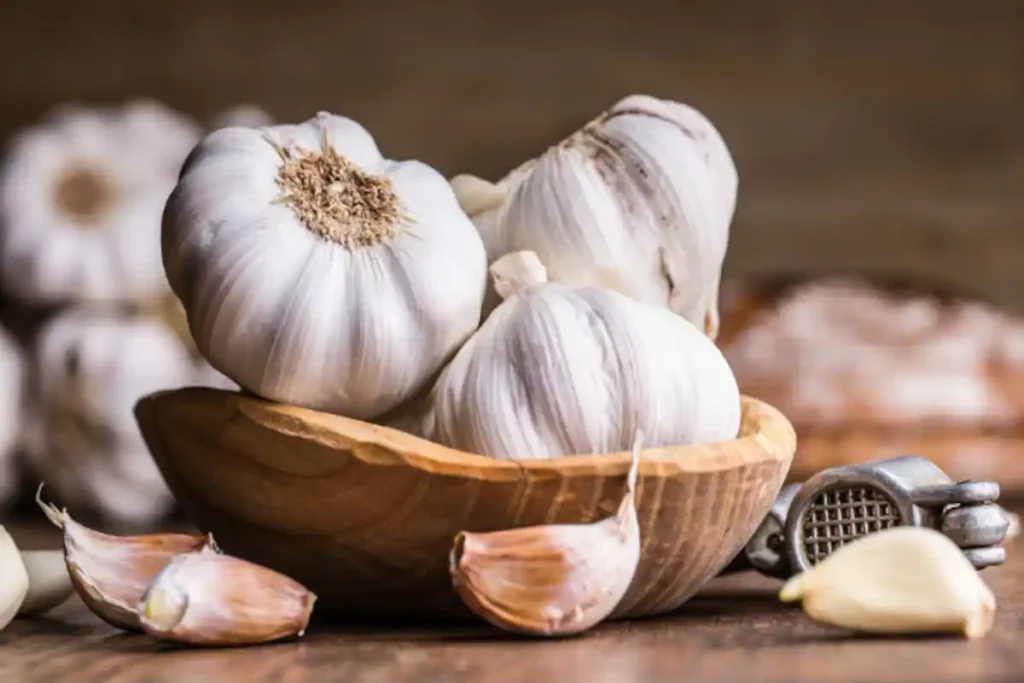
Superfoods play a crucial role in today’s fast-paced world by helping to strengthen your immune system. They protect us from infections and viruses. Adding these nutrient-rich foods to your diet is a simple way to boost your immunity. But what exactly are superfoods, and how do they help? Let’s explore!
What Are Superfoods?
Superfoods are a category of foods that are packed with essential nutrients, vitamins, minerals, and antioxidants. These foods offer significant health benefits and can play a key role in maintaining overall well-being. While no single food can provide all the nutrients you need, superfoods are recognized for their ability to deliver concentrated doses of important nutrients that support immune function and overall health.
How Superfoods Boost Immunity
Superfoods enhance immune health by providing essential vitamins like C, D, and E, as well as minerals such as zinc and selenium. These nutrients are crucial for the production and function of immune cells. Additionally, superfoods are rich in antioxidants, which help neutralize harmful free radicals in the body, reducing inflammation and supporting a healthy immune response.
Top 10 Superfoods for a Strong Immune System
1. Citrus Fruits

Citrus fruits like oranges, lemons, and grapefruits are well-known for their high vitamin C content. Vitamin C is vital for the production of white blood cells, which are essential for fighting off infections. Incorporating citrus fruits into your diet is easy—add them to salads, enjoy them as a snack, or squeeze fresh lemon juice into your water.
2. Garlic

Garlic has been used for centuries as a natural remedy due to its powerful antibiotic properties. It contains a compound called allicin, which boosts the immune system and helps the body fight off infections. For maximum benefits, consume raw or lightly cooked garlic to preserve its active compounds.
3. Ginger

Ginger is another superfood with potent anti-inflammatory properties. It can help reduce inflammation, relieve sore throats, and combat nausea. Adding ginger to your tea, smoothies, or stir-fries is a simple way to benefit from this powerful root.
4. Spinach

Spinach is rich in numerous vitamins and minerals, including vitamins A, C, and E, which are crucial for immune health. To get the most out of spinach, eat it raw in salads or lightly cooked to retain its nutrients.
5. Yogurt

Yogurt is packed with probiotics, the beneficial bacteria that support gut health. Since a large portion of the immune system resides in the gut, maintaining a healthy gut flora is essential for immunity. Choose plain, unsweetened yogurt with live cultures for the best results.
6. Almonds

Almonds are an excellent source of vitamin E, a fat-soluble antioxidant that plays a key role in immune function. Just a handful of almonds provides nearly the recommended daily amount of vitamin E, along with healthy fats that support overall health.
7. Turmeric

Turmeric is a golden spice known for its anti-inflammatory and antioxidant properties, primarily due to curcumin, its active ingredient. Adding turmeric to soups, curries, or even smoothies can help enhance your immune response.
8. Green Tea
Green tea is rich in antioxidants, particularly epigallocatechin gallate (EGCG), which enhances immune function. Drinking green tea regularly can help protect your body from oxidative stress and support overall health.
9. Blueberries

Blueberries are packed with antioxidants, especially flavonoids, which play a crucial role in boosting the immune system. They are easy to incorporate into your diet—add them to your breakfast cereal, yogurt, or enjoy them as a snack.
10. Broccoli

Broccoli is a nutritional powerhouse, loaded with vitamins A, C, and E, as well as fiber and antioxidants. Lightly steaming broccoli is the best way to retain its nutrients while making it easier to digest.
Discover the benefits of ayurvedic M-Fresh Powder a ayurveda remedy by Felixoveda
How to Incorporate Superfoods into Your Diet
Incorporating these foods into your diet doesn’t have to be complicated. Start by adding a few to your meals each week. For instance, enjoy a spinach salad with almonds and a side of yogurt for lunch, or have a cup of green tea with a snack of blueberries. Combining these superfoods in your diet can provide a synergistic effect, further boosting your immune system.
Conclusion
Superfoods are an excellent addition to any diet, especially when it comes to supporting a strong immune system. By regularly consuming these nutrient-dense foods, you can help your body stay resilient against illnesses and maintain overall health. Start small, incorporate these foods into your daily routine, and watch your immune system thrive.
Here’s How You Can Improve Your Mental Health With These Proven Methods – Click Here To Know
FAQs
What is the best time to eat superfoods?
You can enjoy these foods at any time of the day, but consuming them as part of a balanced meal can enhance nutrient absorption and provide sustained energy.
Can superfoods replace supplements?
While foods are rich in nutrients, they should complement a well-rounded diet. Supplements may still be necessary for specific deficiencies or health conditions.
How often should I eat these superfoods?
Aim to include a variety of these superfoods in your diet several times a week. Consistency is key to reaping the benefits.
Are there any side effects of consuming too many superfoods?
Moderation is important. Overconsumption of certain these foods, like garlic or turmeric, may lead to digestive issues. It’s best to enjoy them as part of a balanced diet.
Can children also benefit from these superfoods?
Yes, many of these foods are safe and beneficial for children. However, it’s important to introduce them gradually and in appropriate portions.